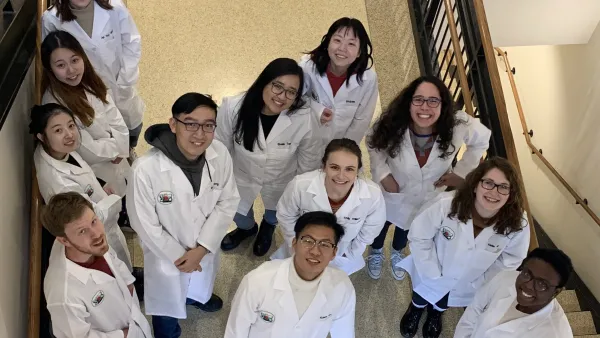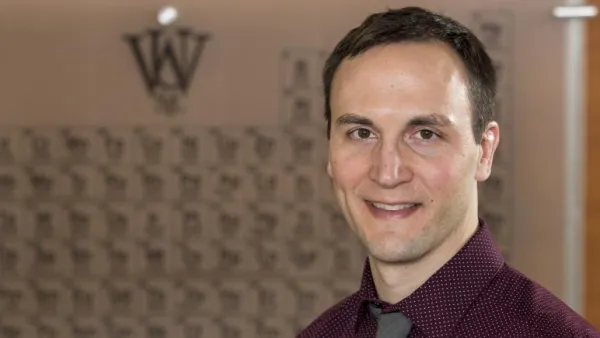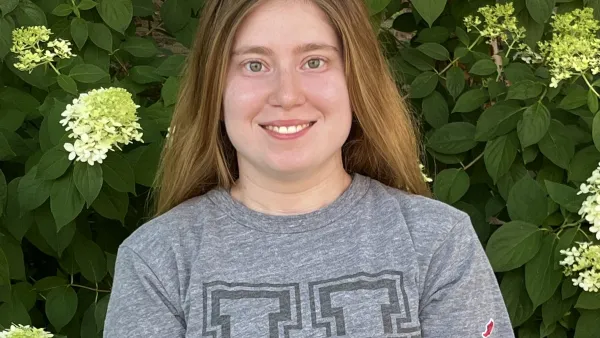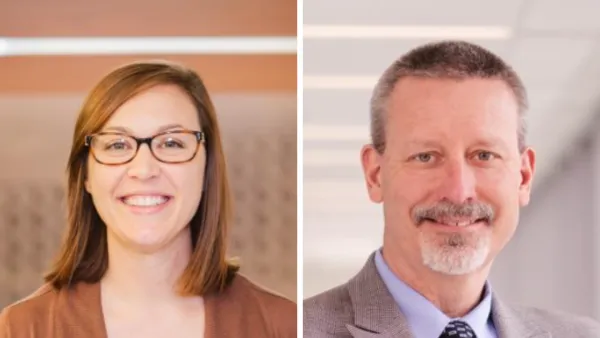Chemistry's first-year graduate students recently completed Chem 599, an innovative course that provides comprehensive safety training. The course is one of several ways the department demonstrates a commitment to being a safety leader on campus.
The chemistry department’s goal is simple, “Safety first because injuries last.” It’s cheesy but true. Neglecting lab safety can lead to grievous bodily harm. It isn’t difficult to imagine how behaving carelessly around strong chemicals, powerful lasers, and other lab equipment might be hazardous to one’s health. By ensuring every incoming graduate student has comprehensive safety training up front, the department successfully minimizes these hazards.
In Chem 599, Chemical Laboratory Safety, students are taught—not surprisingly—“safety first!” Instructor Dewey Holten, professor of chemistry, offers a simple two-step expansion on this fundamental rule:
- Plan ahead. Ask yourself, “Can I do this safely? What are some other options? What are my contingencies?”
- Think before you act. Ask yourself, “Am I ready to start?” Use common sense and consider your actions carefully.
Safety isn’t just an activity; it’s a state of mind.
Rachel Dunn, administrative officer, encouraged students make safety a habit, “Lab safety should be second nature. Just like you wouldn’t pull out of your driveway without your seatbelt on, it should feel weird to be in the lab without proper PPE [personal protective equipment].”
The Department of Chemistry rewards members who exemplify best safety practices through their Safety Stars program. Anyone who notices someone following safety rules and regulations, making safety a priority, or sharing safety concerns can submit a nomination for a safety star. Each semester, safety stars and those who nominate them are eligible to win a prize.
Safety isn’t just an individual responsibility; it’s a group responsibility.
When done right, individual lab safety is group lab safety. By protecting yourself and carefully considering your actions, you also protect those around you.
Angela Dartt, director of the Office of Chemical Safety, reminded students that fostering a culture of safety is a priority at Washington University as well as in the Department of Chemistry. “This requires strong, committed leadership and engagement and empowerment of all students, researchers, and staff,” she said. “This is only successful if we have shared core values and goals, non-punitive responses to adverse events and errors, and promotion of safety through education and training.”
Chemistry encourages near-miss reporting for any unplanned event that did not cause harm but had the potential to do so. These reports provide guidance to improve the safety of the whole department without blaming individuals.
On completing the graduate safety course, students aren’t just safe, they’re stylish (by lab standards anyway). The last day of class offers students a summary of all they’ve learned, a chance to provide feedback, and their very own personalized lab coats!
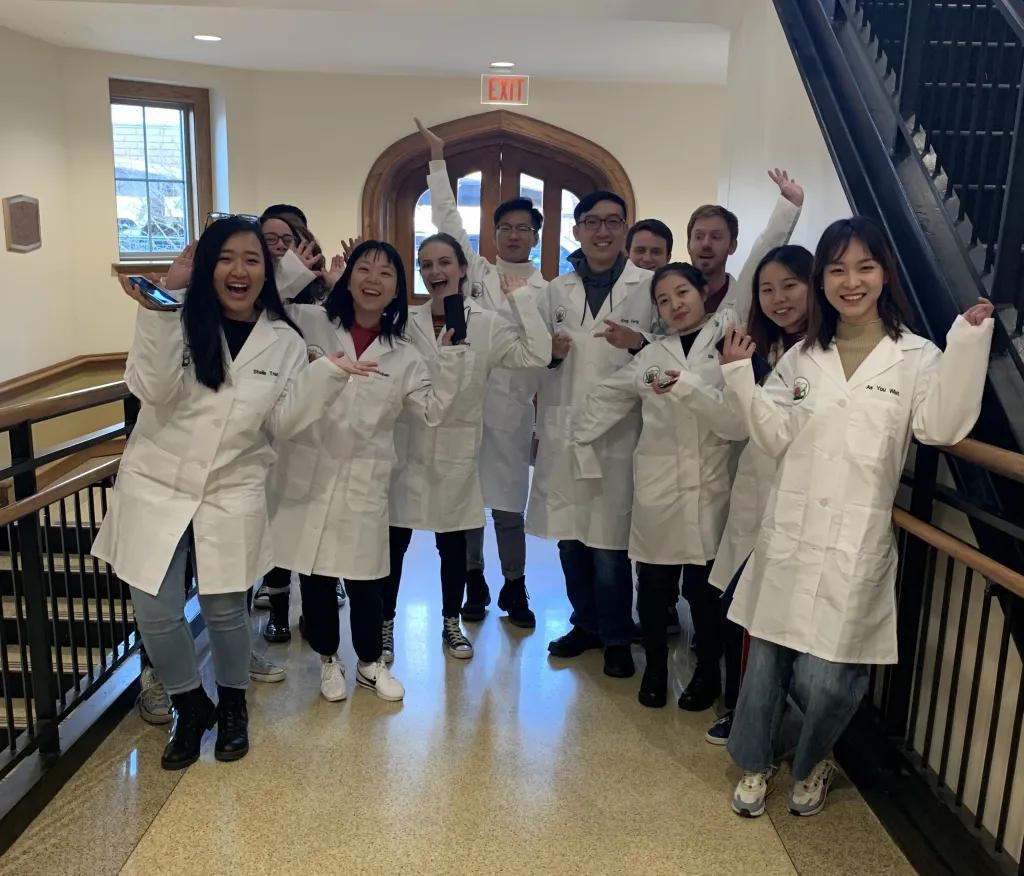
If you have safety questions or concerns, don’t hesitate to contact Dewey Holten, Alison Redden, or Angela Dartt.
